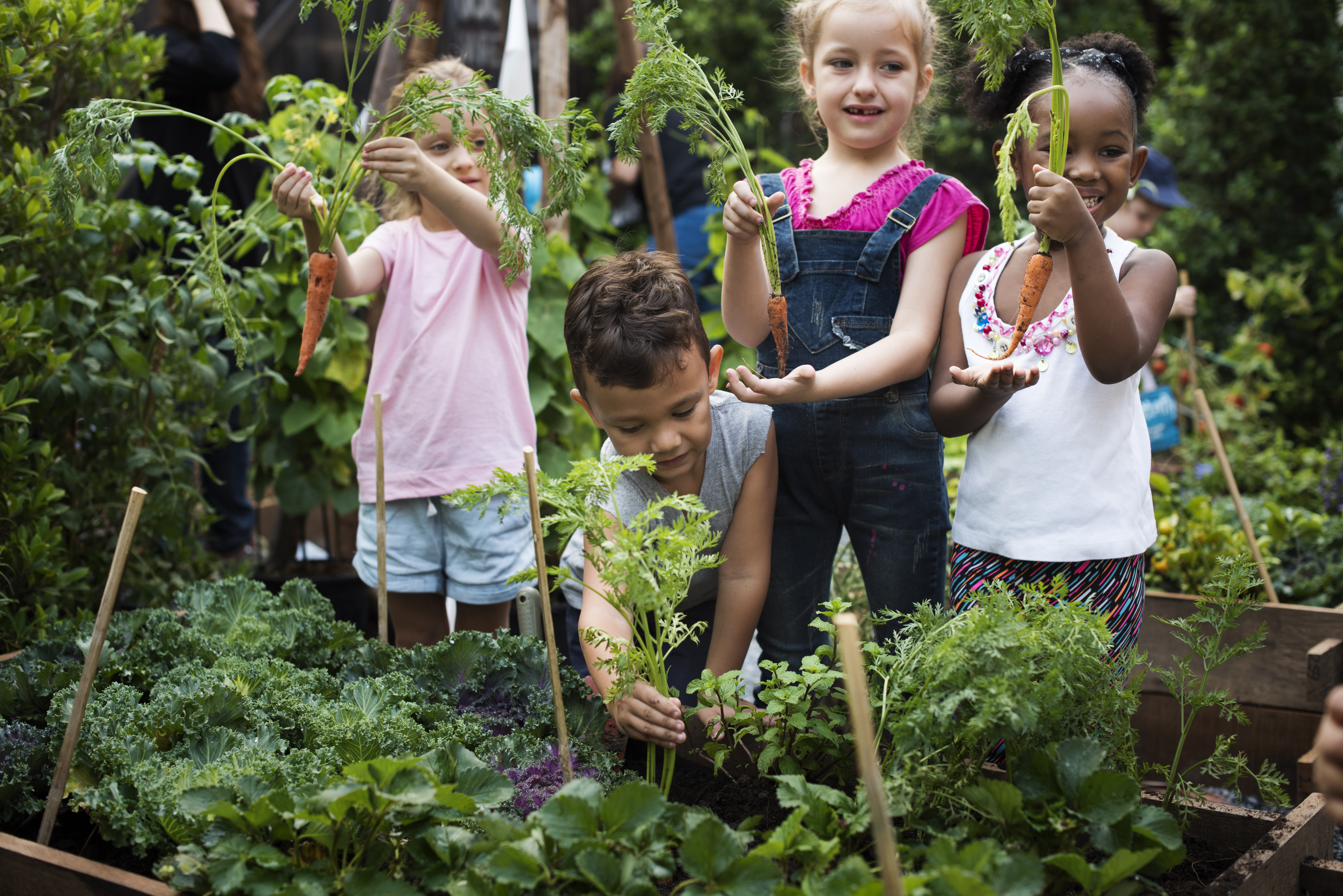Think back to how it felt when you last shared a meal with friends or family… Or shared a few lemons off your tree with a neighbour. It felt good, right? When we contribute to and feel part of a community we feel a sense of purpose. The positive impact of sharing on the planet is undeniable and we are starting to see economies turn to sharing structures, but can we share and swap our way out of the climate crisis?
With growing public participation and a bit of optimisation, sharing and swapping may supersede society's constant desire for material possessions, in turn minimising waste and reducing greenhouse gas emissions.
Here are a few tips for sharing and swapping that are kind to the planet and your wallet:
Get a compost bin for you and your neighbours
In Australia alone, food waste rotting in landfill creates methane equivalent to around 6.8 million tonnes of carbon dioxide. Composting at home and with in your community is a great way to spread planet-friendly habits, while reducing waste and greenhouse gas emissions. Composting in the confinement of an apartment can be tricky business though, especially when you're averse to the smell. If you have a shared courtyard or outside area, composting is a great waste-reducing addition to any building. The compost can be used to fertilise your local community garden or plants surrounding your home. If you already maintain a compost bin and find that you have room for more scraps, don't be afraid to get your neighbours involved. There's always room to embrace more waste when it's being transformed into something useful.

Image via Shutterstock
Build a community garden
Helping to feed your community is a great way to help the planet. Community gardens help to eliminate the food miles that would otherwise be made if you and the people in your community purchased produce from the supermarket. Maintaining a community garden is economical, fun, and will ensure that you obtain the freshest, in-season produce.
If you would like to start a community garden in your area, the first thing you need to do is find a location. An ideal location will have at least six hours of sunlight a day and the soil will be fertile and uncontaminated. Get in touch with your local government to request a permit for public land, or find a private landowner who is willing to host the garden.
If you live in an area in which a community garden already exists, getting involved in the gardening, fertilisation and maintenance of the garden will help it to flourish.
Organise a clothes swap
A great way to reinvent your wardrobe without creating waste and harming the planet is to organise a clothes swap with friends or people within your community. Although donating unwanted clothes to thrift shops is often a good way to declutter and reduce waste, many secondhand stores filter through entries and throw away excess or old clothes. This is why it's important to consider exactly where your clothes will end up once you offhand them. Clothes swaps are a fun, planet-strong way to find new gems and ensure that some of your beloved clothing items go to a good home.
House swap for your holiday
Who needs hotels anyway? House swapping is a great way to explore a new city, town or country without breaking the bank. House swapping reduces the demand for facilities like hotels and guesthouses which use a large amount of energy and produce large amounts of waste, thus reducing the environmental impact of your holiday. House swapping is also great for avid cooks, who can choose to cook low CO2 emitting meals in fully equipped home kitchens.
Image via Shutterstock
Share your hobbies
Sharing hobby equipment is a great way to reduce waste and limit unnecessary consumption. With more and more possessions being placed in self storage each year, usable items are sitting idle more than ever before. If you're a golfer, scuba diver, cyclist, seamstress or musician and find that your equipment is often stowed away waiting to be used, why not consider sharing the love?
Share energy with community solar projects
Community solar gardens have given those of us who aren't able to have solar panels at home (due to renting or another living circumstance) a really exciting opportunity to generate electricity in a fossil-free way. When you invest in a community solar project, you receive financial benefit of the electricity generated by your plot, in the form of credits added to your electricity bill!
With the importance of ownership being flipped on its head in recent years, sharing and swapping have become viable means of minimising waste, reducing consumption and lessening our collective impact on the planet. When we are part of a community, it gives us the support, strength and stability to make lifestyles changes that contribute to a better future for everyone!
Read this next: How seed saving benefits you, your community, and the planet!
Header Image: Unsplash

